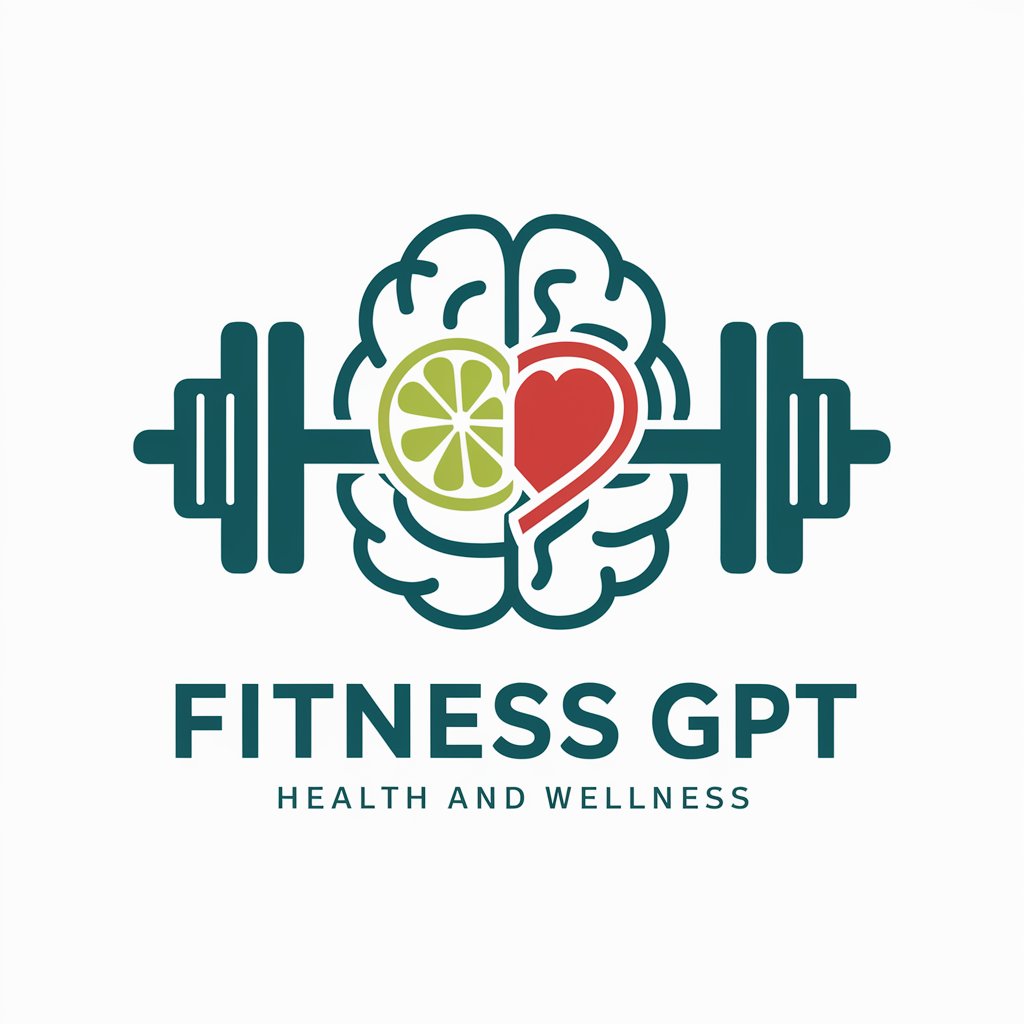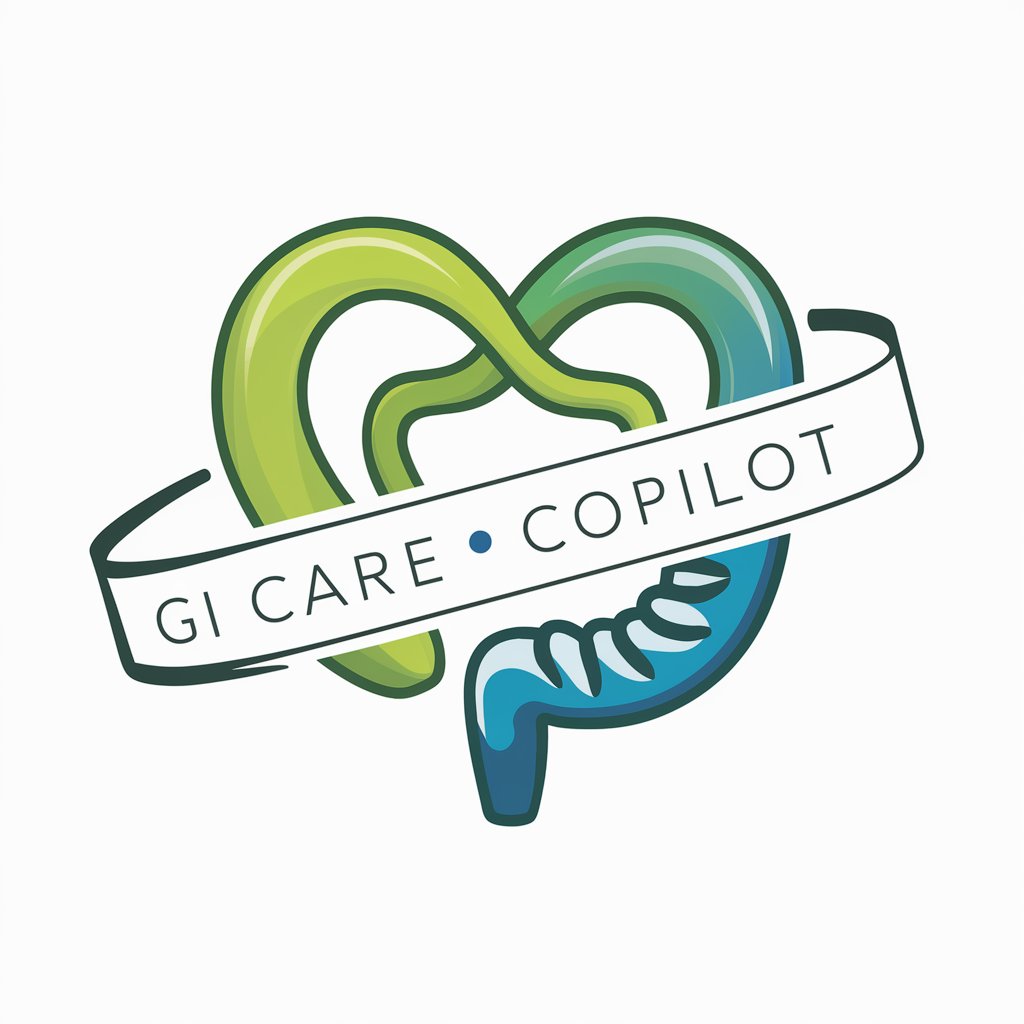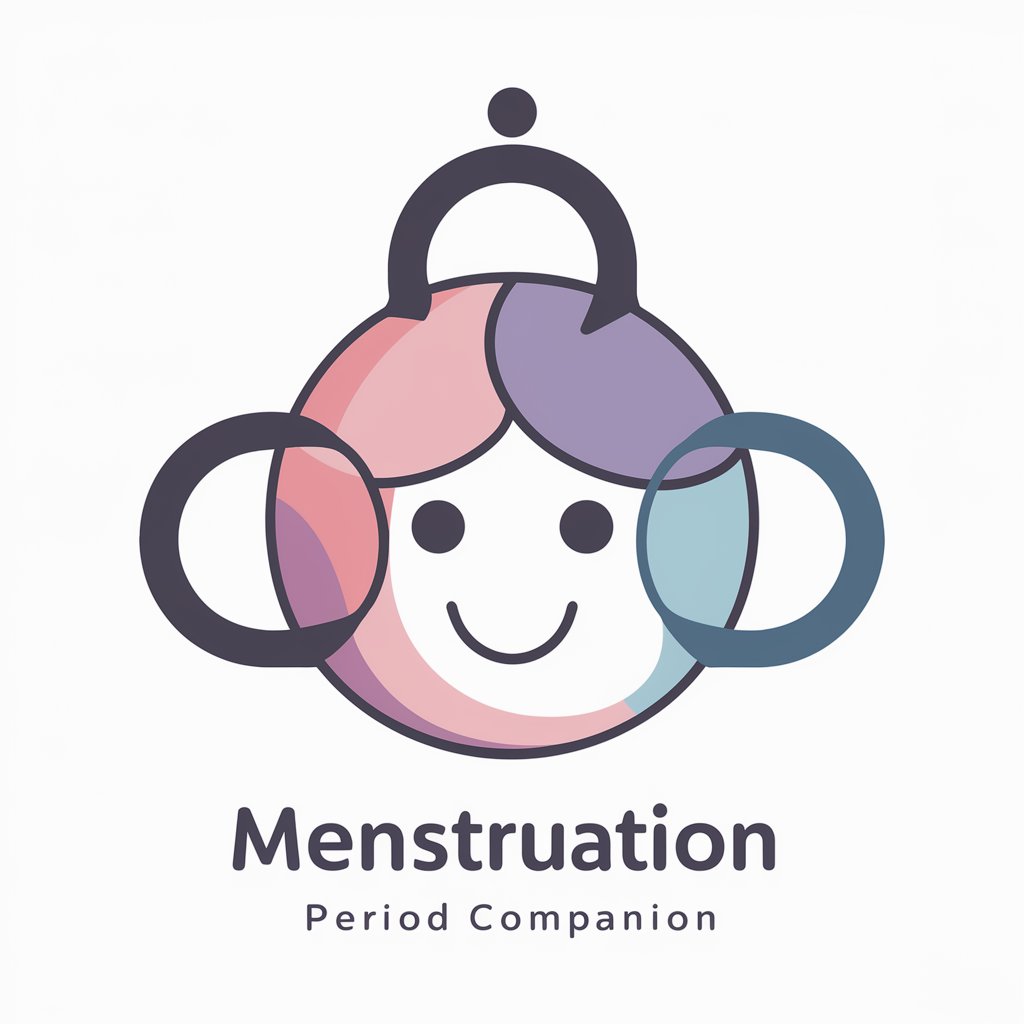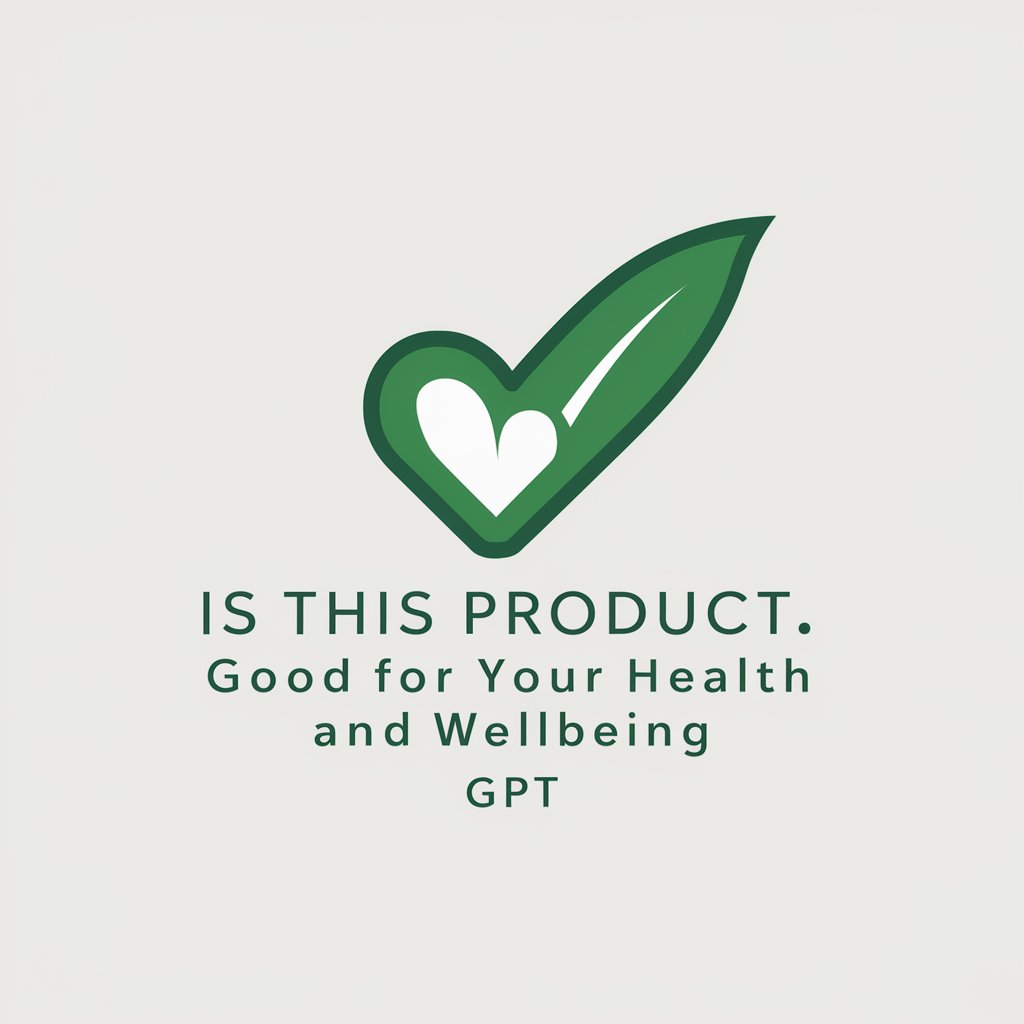8 GPTs for Wellbeing Support Powered by AI for Free of 2026
AI GPTs for Wellbeing Support refer to advanced artificial intelligence models, specifically Generative Pre-trained Transformers, that are tailored to enhance mental, emotional, and physical well-being. These tools leverage the power of machine learning to provide personalized support, advice, and resources related to health and wellness. By understanding and processing human language, GPTs offer relevant and context-aware solutions, making them an invaluable asset in the field of wellbeing support.
Top 8 GPTs for Wellbeing Support are: Evolviva fit: Fitness GPT,Mood Analyzer by Photo,Gut Copilot,Menstruation Period Companion,Is This Product Good for Your Health and Wellbeing,Burnout preventie coach,Energy Insight,Purrfect Advisor
Evolviva fit: Fitness GPT
Revolutionizing Fitness with AI-Powered Personalization

Mood Analyzer by Photo
Capturing Emotions, Enhancing Wellbeing

Gut Copilot
Optimizing wellbeing through AI-powered gut health guidance.

Menstruation Period Companion
Empowering Menstrual Health with AI

Is This Product Good for Your Health and Wellbeing
AI-powered Health and Wellbeing Evaluator

Burnout preventie coach
Navigate Stress with AI Empathy

Energy Insight
Transform Energy with AI

Purrfect Advisor
Empowering Cat Owners with AI

Key Attributes of Wellbeing Support AI Tools
The core features of AI GPTs for Wellbeing Support include personalized interaction, context-aware advice, emotional intelligence, and comprehensive health-related insights. These GPTs are capable of adapting to the unique needs of individuals, ranging from offering mental health advice to suggesting physical activities. Special features include their ability to learn from interactions, provide technical support, engage in web searches for the latest health trends, generate motivational content, and analyze health data for personalized feedback.
Who Benefits from Wellbeing AI
AI GPTs for Wellbeing Support are beneficial for a wide audience, including health enthusiasts, individuals seeking mental health support, fitness advocates, and professionals in the healthcare sector. These tools are designed to be accessible to novices without coding skills, offering straightforward interfaces and guidance. Simultaneously, they provide advanced customization options for developers and tech-savvy users, enabling them to tailor the AI’s functionalities to specific wellbeing projects or research.
Try Our other AI GPTs tools for Free
Mental Fitness
Explore how AI GPTs for Mental Fitness utilize advanced AI to support mental well-being through personalized, empathetic interactions and privacy-centric solutions.
Joke Generation
Discover how AI GPTs for Joke Generation can revolutionize humor in content creation, making it easier than ever to engage and entertain your audience with personalized jokes.
Sketch Ideas
Discover how AI GPTs for Sketch Ideas revolutionize design and creativity, offering intuitive, AI-powered tools to bring your imagination to life.
Punchline Crafting
Discover AI-powered GPT tools for crafting perfect punchlines. Tailored for creators, these tools offer adaptable, humorous content generation to captivate your audience.
Employee Wellness
Discover how AI GPTs are revolutionizing Employee Wellness programs with tailored, intelligent solutions designed to support and enhance workplace well-being.
Ergonomic Consulting
Discover AI GPTs for Ergonomic Consulting: Advanced tools transforming workspace design and employee well-being through tailored AI solutions.
Expanding Horizons with Wellbeing AI
AI GPTs function as versatile tools in various sectors, from personal health to professional healthcare settings, offering user-friendly interfaces and integration capabilities. These tools not only assist individuals in managing their well-being but also empower healthcare professionals to provide enhanced care. Their adaptability and ease of use make them a promising solution for integrating AI into existing wellbeing practices and workflows.
Frequently Asked Questions
What are AI GPTs for Wellbeing Support?
AI GPTs for Wellbeing Support are specialized artificial intelligence tools designed to offer guidance, support, and resources in areas related to mental, emotional, and physical well-being.
How can these AI tools personalize support?
Through machine learning and natural language processing, these AI tools analyze user inputs to provide personalized advice, support, and recommendations based on the individual's unique situation and needs.
Can AI GPTs replace professional healthcare advice?
While AI GPTs offer support and information, they are not a substitute for professional healthcare advice. They should be used as a complement to, not a replacement for, professional guidance.
Are these tools suitable for individuals without technical skills?
Yes, AI GPTs for Wellbeing Support are designed with user-friendly interfaces that require no coding skills, making them accessible to a broad audience.
How do developers customize these AI tools?
Developers can use programming interfaces provided by the GPT models to tailor functionalities, integrate additional datasets, and create bespoke solutions for specific wellbeing applications.
Can these AI tools provide mental health support?
Yes, these AI tools are designed to offer guidance and resources for mental health support, including stress management, mindfulness practices, and coping strategies.
How do these tools stay updated with the latest health information?
AI GPTs for Wellbeing Support utilize web searching capabilities to access and integrate the latest health and wellness information, ensuring the advice remains current and relevant.
Are there privacy concerns with using AI for wellbeing support?
User privacy is a priority, and these tools are designed with data protection and confidentiality in mind. Users should review the privacy policies of specific tools to understand how their information is used and protected.